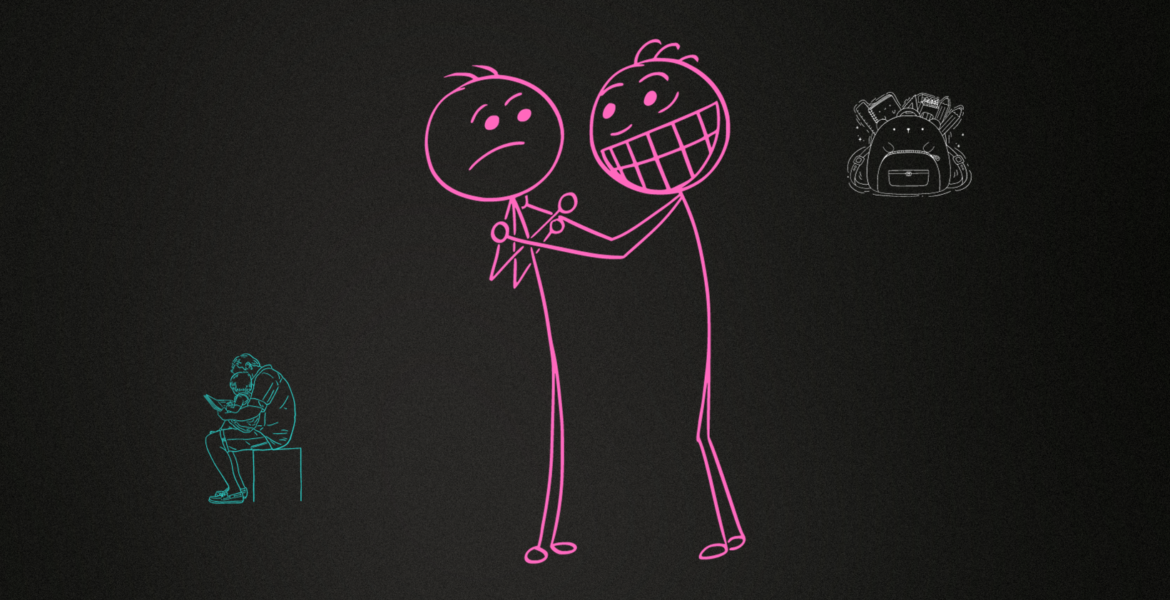07 Reasons Why You Should Not Tease Your Teenager
December 26, 2023 2023-12-26 13:0907 Reasons Why You Should Not Tease Your Teenager

07 Reasons Why You Should Not Tease Your Teenager
Dear readers,
One aspect that often goes underestimated is the impact of teasing on your teenager’s psychological well-being.
As parents, we might playfully tease our kids, thinking it’s harmless banter, but what many don’t realize is that teasing can have significant psychological effects on teenagers.
In this blog post, let’s unravel the layers of teasing and understand the deeper psychological impact it can have on your teenager. And, more importantly, let’s explore how equipping yourself with the right tools can make a real difference in fostering healthy communication about sexuality.
1. Self-Esteem Struggles:
Teasing, even when meant in good humor, can chip away at a teenager’s self-esteem. Adolescence is a vulnerable time when self-worth is being formed, and constant teasing can make teens doubt their abilities and appearance.
2. Body Image Concerns:
Teasing related to physical appearance can lead to body image issues. In a society obsessed with unrealistic standards, teens may internalize teasing comments and develop unhealthy relationships with their bodies.
3. Social Anxiety and Withdrawal:
Persistent teasing, especially in social settings, can trigger social anxiety. Teens may become reluctant to participate in group activities, fearing judgment or ridicule. This withdrawal can hinder their social development.
4. Impact on Academic Performance:
Teasing about academic abilities can have a detrimental effect on a teenager’s performance. It can create anxiety around learning environments, leading to a fear of failure and a decline in academic motivation.
5. Development of Defensive Mechanisms:
To cope with teasing, some teenagers develop defensive mechanisms like sarcasm or avoidance. While these strategies might provide short-term relief, they can hinder genuine emotional expression and communication.
6. Strained Parent-Teen Relationships:
Teasing, if not handled sensitively, can strain the parent-teen relationship. Teens may feel misunderstood or dismissed, leading to a breakdown in communication and trust.
7. Impact on Future Relationships:
The way teenagers are treated at home influences their expectations and behaviors in future relationships. Teasing that blurs the line between humor and humiliation can normalize unhealthy relationship dynamics.
Breaking the Teasing Cycle with Sexuality Education:
The first step in addressing the psychological effects of teasing is acknowledging its impact. Then, it’s about equipping yourself with the tools to foster healthy communication, especially when it comes to sexuality. Join my 3 Days Workshop – Powerful Skills to Sex Educate happening soon and let’s create an environment where your teenager feels safe to discuss matters of sexuality openly.




